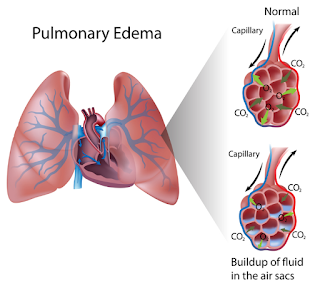Endometrial cancer is the most common type of
cancer. It starts from the endometrium which is the inner lining of the womb. It
is also known as uterine cancer or cancer of the uterus. The exact cause of
endometrial cancer is still unknown. However, many risk factors involve the
body’s exposure to the female sex hormone, estrogen. Womb cancer is quite
common in women after the menopause.
Certain foods can help lessen your chances of
developing cancer – especially when consumed as part of a healthy diet. Dr.
Arti Gupta, Obstetrics and
Gynaecology, Mayom
Hospital, shares some foods you should include in a healthy diet.
Coffee
Some research suggests that women who drink quite
a few cups of black coffee daily are 25% less prone to develop uterine cancer
or other sorts of the diseases. Coffee holds compounds that alter the way a
woman’s body utilizes certain hormones, such as estrogen and insulin. This
change relates to the drink’s anti-cancer properties.
Lentils
Lentils are rich in dietary fiber which restrains
the development of colorectal cancer. Fiber helps your gut produce chemicals
that prevent the formation of tumor cells. Fiber also lowers the cholesterol
and blood sugar levels in the body. Other rich fiber sources include beans, barley,
brown rice and whole-wheat pasta.
Garlic
Garlic is laden with vitamins B6 and C, manganese,
and selenium. Some research suggests that these nutrients can repulse the
cancer cell growth in the intestines. This pungent seasoning might also help
lowering your risk of stomach, breast and colon cancers.
Leafy greens
Green leafy vegetables including spinach,
kale and broccoli are highly nutritious. They’re stuffed with fiber, minerals, phytochemicals
and vitamins that reduce the risks of colorectal cancer. Eating plenty of leafy
greens can also help you maintain a healthy body weight.
Including these foods to your diet is a great
way to help protect your body from cancer,” Dr. Arti adds.
Visit MayomHospital for any medical emergency and treatment. It is a Multispecialty
Hospital with experienced doctors and hi tech medical facilities.


